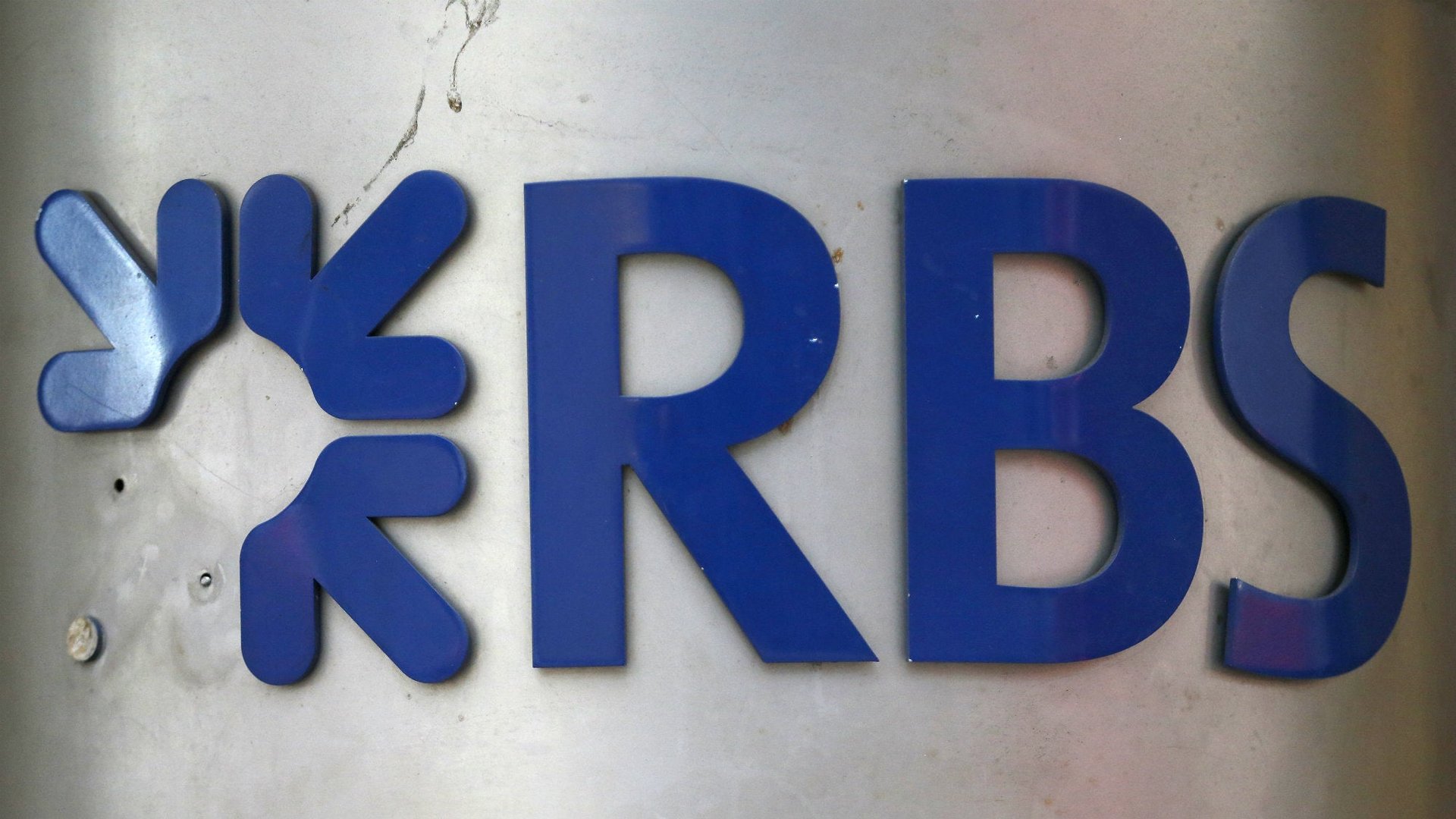RBS is making money again. It won’t last.
Between 2008 and 2016, British banking group RBS lost nearly £60 billion ($78.5 billion), following an ill-advised expansion that led to near-collapse and, ultimately, nationalization.


Between 2008 and 2016, British banking group RBS lost nearly £60 billion ($78.5 billion), following an ill-advised expansion that led to near-collapse and, ultimately, nationalization.
Today, the bank reported its third consecutive quarterly profit (pdf). It beat expectations and saw its shares jump in early trading. So far this year, RBS has made £1.3 billion, a significant turnaround after nine years of losses.
But don’t uncork the champagne just yet. Tellingly, the bank reiterated its guidance that it expects to turn an annual profit next year, suggesting that something big and bad could hit before the end of this year.
It’s not hard to guess what it could be. RBS has set aside just over £7 billion in provisions to cover various legal liabilities and other potential charges, with some £3 billion earmarked to cover an expected settlement with the US Department of Justice over its role in selling toxic mortgage securities before the financial crisis. “RBS faces the indignity of suffering a tenth year without a profit,” said Laith Khalaf of Hargreaves Lansdown in a research note, adding that the bank’s statements suggest it is “bracing for a pretty imminent rap on the knuckles.”
In addition to getting that multibillion-dollar penalty out of the way, the bank plans to continue cost cuts and asset sales for a few more years. By 2020, it expects 90% of its income to be generated in the UK, a big change from the pre-crisis days when it was once the world’s largest bank by assets.
Another major change looming for RBS is the British government’s sale of its majority stake in the bank. Despite shares rising by nearly 30% so far this year, RBS’s stock is still only worth around half of the breakeven price that taxpayers paid to bail it out. Instead of waiting longer for the bank to get its act together, chancellor Philip Hammond suggested recently that the government may be resigned to selling at a loss. “We have to live in the real world,” he said.